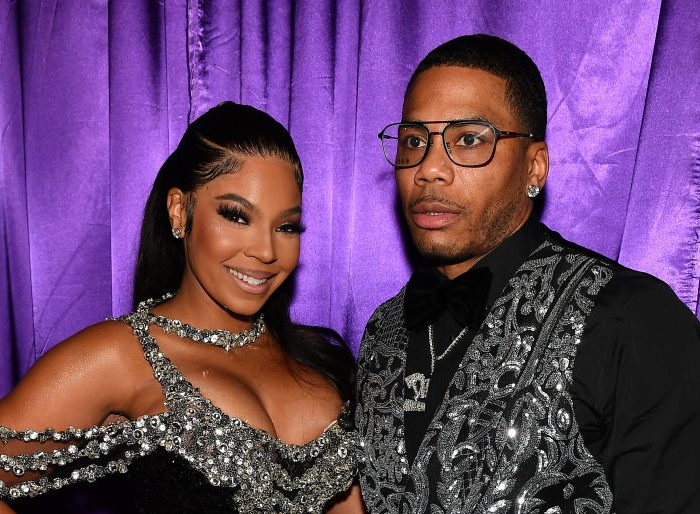In a move that’s turning heads across the globe, Aalborg Zoo in Denmark has publicly asked residents to donate unwanted small pets and horses — not for adoption, but to feed their captive predators.
The zoo made the shocking request in a Facebook post, writing that they’re looking for animals that naturally fit the food chain of their meat-eating residents like lions and other carnivores. The acceptable list includes rabbits, guinea pigs, chickens, and even horses. “If you have a healthy animal that has to leave here for various reasons, feel free to donate it to us,” the post read.
“The animals are gently euthanized by trained staff and are afterwards used as fodder. That way, nothing goes to waste — and we ensure natural behavior, nutrition and well-being for our predators.”
The zoo clarified that donations will only be accepted Monday through Friday from 10 a.m. to 1 p.m., and no more than four animals at a time.
RELATED STORIES: 6-Year-Old Boy Attacked by Octopus at San Antonio Aquarium — Mom Speaks Out Over Lack of Response
Why Horses? Denmark Zoo Explains Strict Requirements for Larger Animals
While smaller pets like rabbits and chickens are commonly used as food for certain predators, the zoo’s inclusion of horses has caused a particularly strong reaction online.
According to CBS News, Aalborg Zoo says the donated horses must be healthy and must not have received any medical treatments or drugs within the past month. The zoo also requires that all animals are fit for transport, to ensure that the process is carried out safely and legally.
The idea, according to the zoo, is to prevent waste and simulate natural feeding behaviors seen in the wild.
Still, social media isn’t exactly buying it.
The zoo has defended its stance, claiming that using humanely euthanized animals as food is more ethical and sustainable than purchasing pre-packaged meat from slaughterhouses.
Zoo Defends Policy as “Sustainable” While Critics Slam It as “Disturbing”
In their official response to criticism, Aalborg Zoo stated that they’ve actually been receiving pet donations for years, but decided to post about it publicly in an effort to be more transparent.
“We understand that the topic may seem provocative,” the zoo wrote.“But it’s important to remember that this is the reality of nature. Our responsibility is to simulate that for our animals to thrive.”
But critics say transparency doesn’t make the practice any less jarring.
Still, others agree with the zoo’s mission, pointing out that most of the animals donated are already being rehomed or euthanized by owners — and feeding zoo predators may be the most purposeful outcome for those that can’t find homes.
Whether you agree or not, the conversation has opened up larger questions about ethics in zoo environments, especially as conservation groups continue to examine the practices of feeding live or once-domestic animals to exotic predators.







